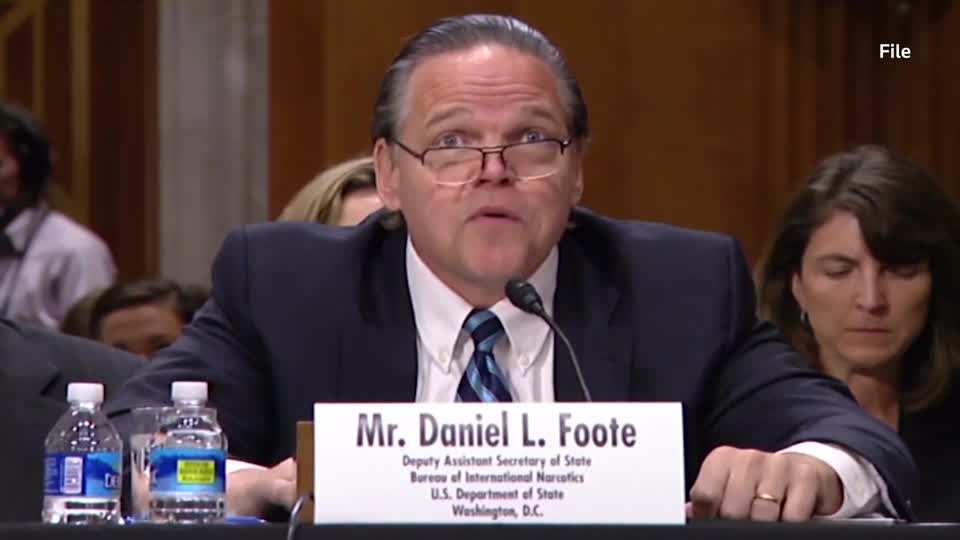
Chris Lieberman, FISM News
[elfsight_social_share_buttons id=”1″]
On Wednesday, U.S. Special Envoy to Haiti Daniel Foote resigned from his post in protest of the Biden administration’s handling of the current Haitian immigration crisis.
In a letter first obtained by PBS, Foote wrote, “With deep disappointment and apologies to those seeking crucial changes, I resign from my position as Special Envoy for Haiti, effective immediately. I will not be associated with the United States inhumane, counterproductive decision to deport thousands of Haitian refugees and illegal immigrants to Haiti, a country where American officials are confined to secure compounds because of the danger posed by armed gangs in control of daily life.”
Foote, a career diplomat, was appointed to the post in July. In the letter, he expressed frustration with the current situation, saying, “Our policy approach to Haiti remains deeply flawed, and my recommendations have been ignored and dismissed, when not edited to project a narrative different from my own.”
State Department spokesman Ned Price pushed back on the claim that Foote’s suggestions were ignored, saying, “Some of those proposals were determined to be harmful to our commitment to the promotion of democracy in Haiti and were rejected during the policy process. For him to say his proposals were ignored is simply false.” Price added, “It is unfortunate that, instead of participating in a solutions-oriented policy process, Special Envoy Foote has both resigned and mischaracterized the circumstances of his resignation. He failed to take advantage of ample opportunity to raise concerns about migration during his tenure and chose to resign instead.”
The latest situation at the border first gained national attention last week when photos emerged of over 15,000 migrants, primarily from Haiti, under a bridge in Del Rio, Texas. Over the weekend, the Department of Homeland Security began deporting thousands of immigrants back to Haiti. At the same time, hundreds to thousands of Haitians have been released into the U.S. by Border Patrol with a notice to appear at an immigration office within 60 days. Currently, less than half of the original 15,000 migrants remain in Del Rio.
Political turmoil, economic instability, and a series of natural disasters have all contributed to the current influx of Haitian immigrants. Haiti is the poorest country in the western hemisphere and is plagued by gang violence. Haiti’s president, Jovenel Moïse, was assassinated in July, and the country was hit with an earthquake and a tropical storm in August. These factors have led many to seek asylum in the United States in search of a better life.
Criticism of Biden’s handling of the border has come from both the right and the left. Conservatives argue that Biden’s policies have incentivized illegal immigration, leading to the largest surge of border crossing in over 20 years.
Byron York writes for the Washington Examiner, “Biden’s actions sent a clear message: Come to the U.S., cross the border illegally, and you can stay.” Meanwhile, liberals claim that the Biden administration has not done enough to reverse Trump-era immigration policies which they deem to be inhumane, and that refugees fleeing the devastation and violence in Haiti should be granted asylum, not deported to a country that will be unable to support them.
